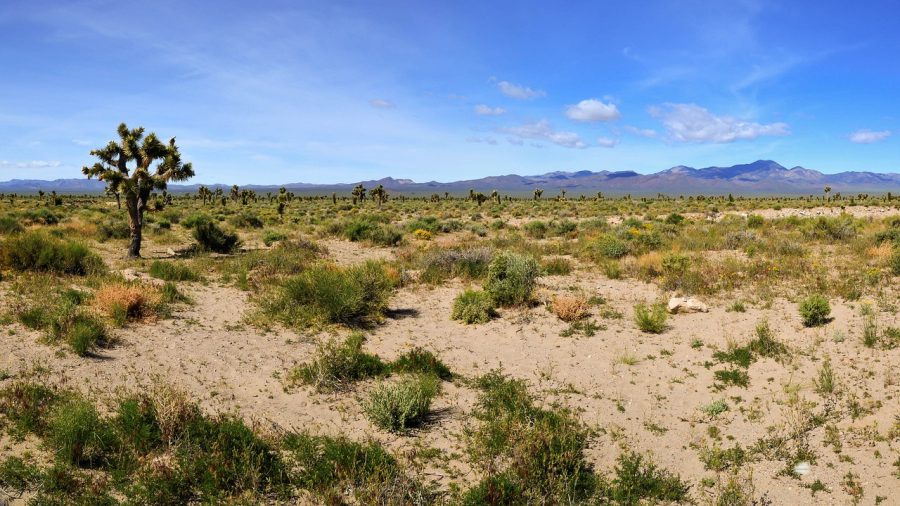Climate Change: The Battle Starts with Us
October 20, 2020
Since the rise of the Industrial Revolution, humans have facilitated a rapid increase in global temperatures. CO2 levels in the atmosphere are at 415 ppm, the highest it has reached in millions of years. Consequently, we are beginning to see the signs of a changing planet. Nineteen of the 20 warmest years have occurred within the last two decades, with the exception of 1998.
Speaking of warm temperatures, Arizona holds six of the top 10 hottest cities in the country. Climate change has only compounded this issue by pushing them into the danger zone. Heat-related deaths have become a public health threat in the Sun Belt states. Furthermore, warming has dramatically increased the risk of catastrophic droughts and wildfires. California, for instance, saw wildfires that burned more than four million acres during the historic 2020 heatwave. That warm air and dry vegetation created the perfect conditions for the spread of massive wildfires. Arizona, on the other hand, is plagued by similar dry conditions.
Most people won’t picture farming when they think of Arizona. However, irrigated agriculture has existed in this desert landscape for hundreds of years. Beginning with systems of ancient canals, the agriculture scene in this state has persevered into modern times. However, an increase in evaporation has led to the fear of devastating shortages from the Colorado River and other water sources. Alas, all those years of hard work may come to an end in the near future.
Although private companies are responsible for the bulk of emissions, average citizens affect the biosphere as well. Unfortunately, there are still many people out there that haven’t fully realized the impact of seemingly minuscule actions. As a result, those actions have quickly built up over time to create much of the pollution seen today.
What can students do to help? Improving the current situation requires a massive reduction in energy consumption and other wasteful practices. There are plenty of ways for individuals to offset their carbon footprints. Simply being mindful of water usage and recycling can go a long way. In addition, supporting clean energy projects can help reduce CO2 emissions.
Ultimately, everyone must do their part to save the environment. Whether that’s turning off the lights or advocating for cleaner energy, every bit of support helps. The change we want to see starts with us as individuals.



